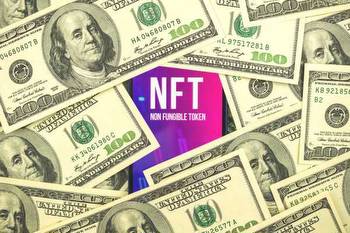Texas and Alabama halt sale of metaverse casino NFTs

The state securities regulators in Alabama and Texas have halted the sale of metaverse casino NFTs, saying that the people behind the scheme were fraudulent and violated state securities regulations.
In its order, the Texas State Securities Board (TSSB) ordered Cyprus-based Sand Vegas Casino Club and its founders Martin Schwarzberger and Finn Ruben Warnke to cease and desist offering their non-fungible tokens (NFTs,) describing them as “illegal and fraudulent securities scheme tied to virtual casinos – including virtual casinos in metaverses.”
The Enforcement Division of the TSSB, which issued the cease and desist order, said that the firm claimed to be developing Internet casinos in various metaverses, including on Decentraland and The Sandbox. Customers would visit these casinos through their avatars in the virtual worlds and participate in weekly tournaments.
To fund the development of the virtual casinos, the company was selling more than 12,000 NFTs, the watchdog claimed. These NFTs entitle their owners to benefits that include a pro rata share of profits generated in the casinos. They estimated that such profits would range from $6,750 to $81,000 annually.
Despite these NFTs clearly constituting securities, the company, and its founders allegedly “advised purchasers that securities laws do not currently regulate NFTs and are considering further steps to obstruct the regulation of their NFTs.”
Aside from violating securities laws, the orchestrators of the scheme concealed their locations, hid their identities, lied about their experiences, and obscured the risks associated with investing in NFTs.
In addition to the cease and desist order to Sand Vegas Casino Club, the TSSB will also reach out to OpenSea, a popular NFTs marketplace, to notify it that it has been listing securities as per the Texas regulations without obtaining the necessary license. However, OpenSea isn’t a respondent in the order.
The Alabama Securities Commission filed a similar cease and desist order against the three respondents on the same day.
Schwarzberger, one of the founders and a respondent in the order, told Reuters that his company is working on being compliant with state regulators as well as the U.S. Securities and Exchange Commission (SEC).
“We are absolutely confident we can solve this situation and possibly even lead the way for other NFT projects,” he stated.





































